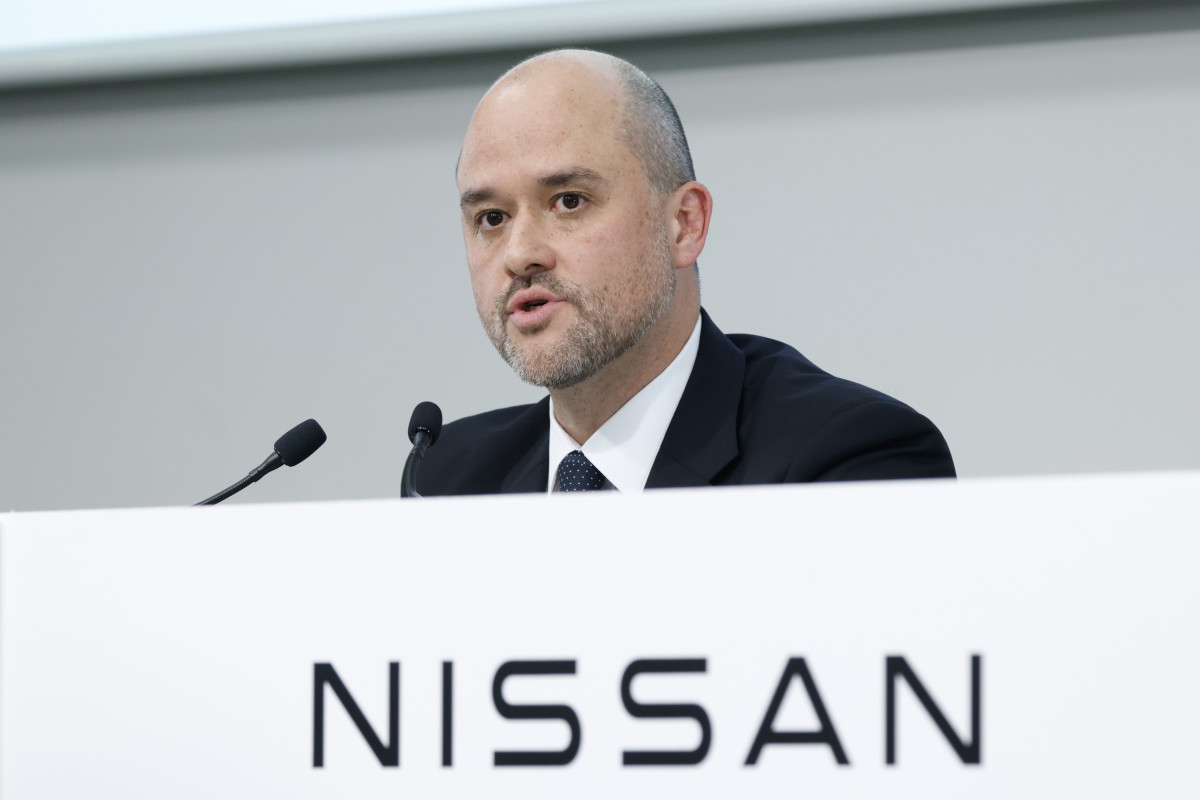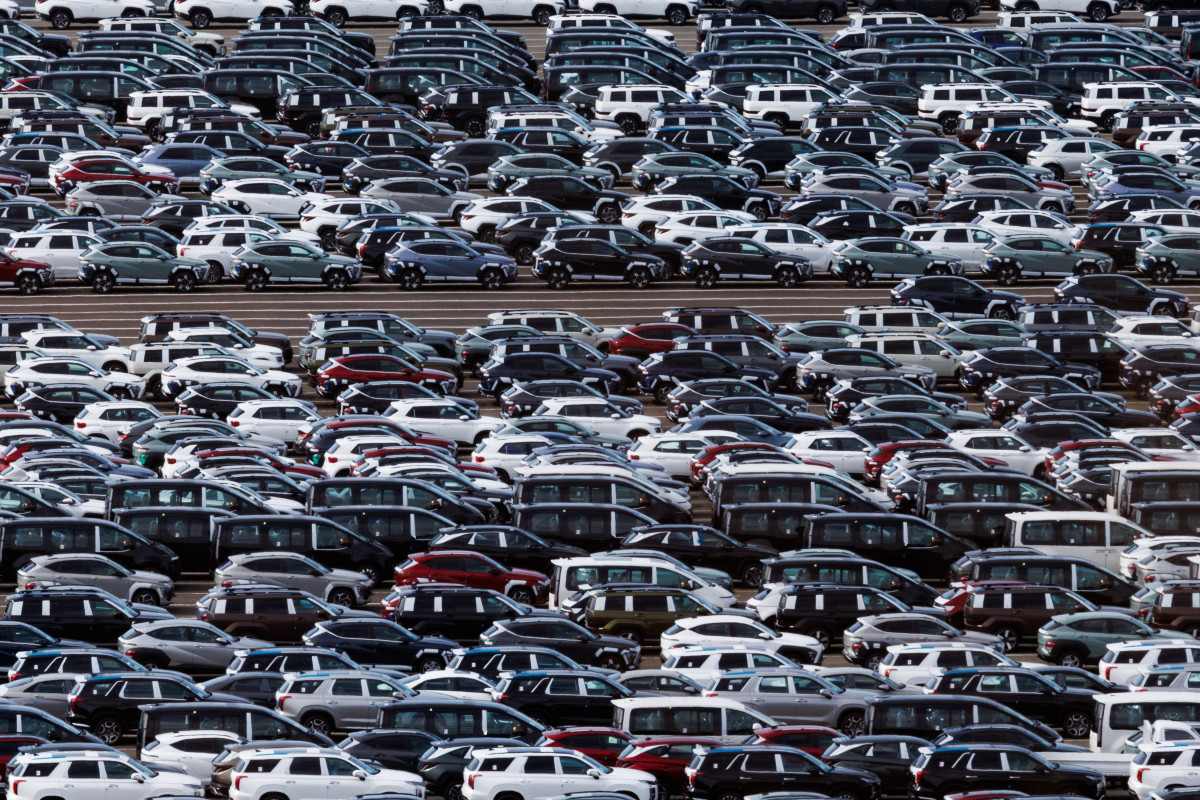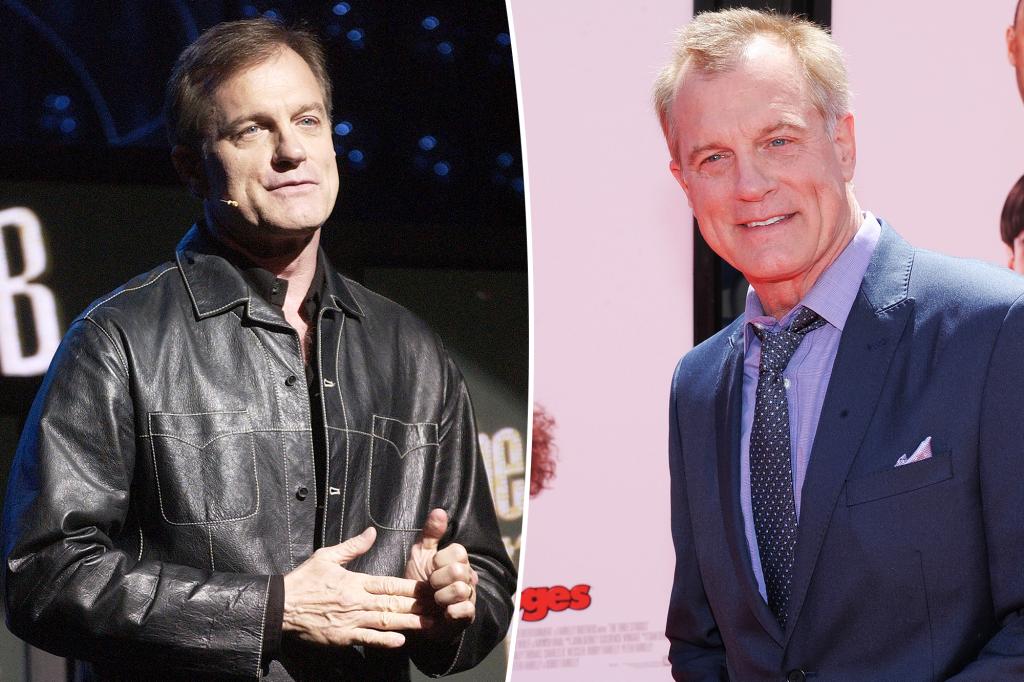[ad_1]
Where Japan and South Korea stand in U.S. tariff negotiations
Nissan’s new CEO, Ivan Espinosa, has said he expects Japanese trade negotiators to move more quickly in the country’s U.S. trade negotiations. Espinosa, who took office as Nissan’s CEO on April 1, described a need for the Japan-based automaker “to get clarity as soon as possible” regarding securing lower tariffs, Reuters reports. However, South Korea, another auto manufacturing powerhouse, may beat Japan to U.S. trade negotiations with its deadline for a tariff deal by July, as Japan hasn’t yet set a deadline.
Trump’s recently imposed 25% tariffs on foreign vehicles and car parts are particularly harsh on Japan and South Korea, as the U.S. is the two countries’ largest automotive export destination. Still, data supports the claim that South Korea is suffering more than Japan, given that U.S. exports account for a fifth of its total sales, while Japan’s U.S. exports account for 7% of total sales, according to Oxford Economics. While both Japan and South Korea have large production bases in Mexico, reduced car exports from Mexico to the U.S. will lower both countries’ domestic auto parts production.

Getty
South Korea’s Minister of Trade and Industry, Ahn Duk-geun, said on Friday that Seoul would attempt a deal with the U.S. on tariffs by the previously mentioned July deadline, but he warned that domestic politics could endanger progress. South Korea and the U.S. will hold technical consultations next week to proceed with tariff negotiations, with another ministerial meeting expected in June. Seoul and Washington said they would try and create a trade package on tariffs and economic cooperation by July 8. Ahn Duk-geun said: “We will do our best to meet the timeline, but we expect that it may be adjusted a little in case it is unavoidable,” Reuters reports. Japan, which was hit with a 24% tariff by the U.S., had spoken with Washington just before South Korea, despite not reporting a trade package deadline. South Korea received a slightly higher 25% tariff from the U.S.
Tariff deals for other countries place more pressure on Japan and South Korea
Earlier this month, the U.S. and the U.K. confirmed a limited trade deal to reduce tariffs on U.K. vehicle imports from 27.5% to 10%, drawing criticism from U.S. automakers. Discounted levies on auto part imports are not part of the agreement, and the decreased tariffs have a limit of 100,000 cars annually. Last week, the U.S. and China announced a temporary 90-day tariff reduction on each country’s products.

Getty
Final thoughts
Despite progress from other countries in U.S. trade talks, Japan faces an especially uphill climb with its reliance on the U.S. market and President Trump’s long-standing complaint that American cars don’t sell well in Japan. Since Trump’s re-election, Mazda stock has declined 19%, Nissan shares have gone down 11%, and Mitsubishi has experienced a 7% drop, according to Nikkei Asia. While both Japan and South Korea face challenges in striking a deal on U.S. tariffs, South Korea has a clearer path to a trade package first with its deadline, which, while subject to possible delays, creates more structure.
[ad_2]









Leave a Reply